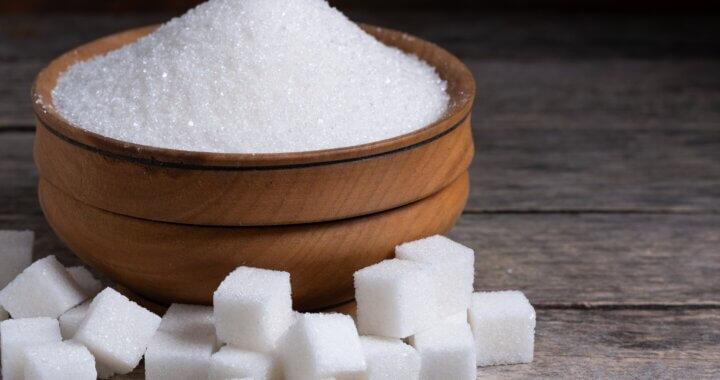When can the VAT zero-rate on food be applied? This was a question posed yet again to the VAT tribunal which made for interesting reading.
If I had a penny for every time someone mentioned ‘that’ Jaffa cake case I could’ve retired long since! Well maybe not but I can still barely quell an inner groan whenever I see an argument about whether or not something the VAT zero-rate on food can be applied. The most recent case was centred on Bicarbonate of Soda (Bicarb) which HMRC unsuccessfully argued was not zero-rated food because it could be used for other things as well.
Despite my inner groan the decision was actually an interesting read. The expert witnesses essentially agreed with each other so the tribunal had to decide by weighing up various factors. It is this that makes this case interesting as these factors might also be relevant for other situations.
Seemingly the absence of any nutritional content would not prevent Bicarb from being zero-rated and, amusingly (to my sad mind anyway) in this respect Bicarb was described as being “similar to … sausage casings”.
While Bicarb is clearly a food additive, it can be distinguished from many other additives by not being purely cosmetic. Adding Bicarb to a recipe would have a transformative effect on the finished product making it both ‘as we expect it to be’ and ‘as a result palatable’. This is in contrast to adding many other food additives such as a preservative, colouring or vitamins.
The tribunal contrasted the VAT treatment of Bicarb with that of flour, baking powder and salt, all of which HMRC accept as being zero-rated food. The fact that Bicarb is usually packaged as a food ingredient and stocked in the supermarket bakery aisle was argued as proving that everyone thinks of it as food and the VAT treatment should follow this obvious categorisation.
HMRC argued against this approach saying that how something is held out for sale doesn’t have any bearing on the VAT treatment. Flour, baking powder and salt all commonly cease to be recognizable in the final product in the same way as Bicarb might. The key difference is that people buy Bicarb for lots of other uses and it was this that HMRC thought had to mean that it was not food and VAT must fall due.
Again amusingly (or maybe that’s just me) the wheels came off HMRC’s wagon on this when it was pointed out that salt is sometimes treated as being zero-rated and other times as standard-rated depending essentially on how it is offered for sale. The tribunal’s view was that “the difference in the VAT treatment of salt sold for culinary purposes and bicarbonate of soda sold for culinary purposes is difficult to justify”. So Phoenix Foods Ltd (TC 06296) won the case and, if HMRC don’t appeal., should be better off to the tune of £291k.

